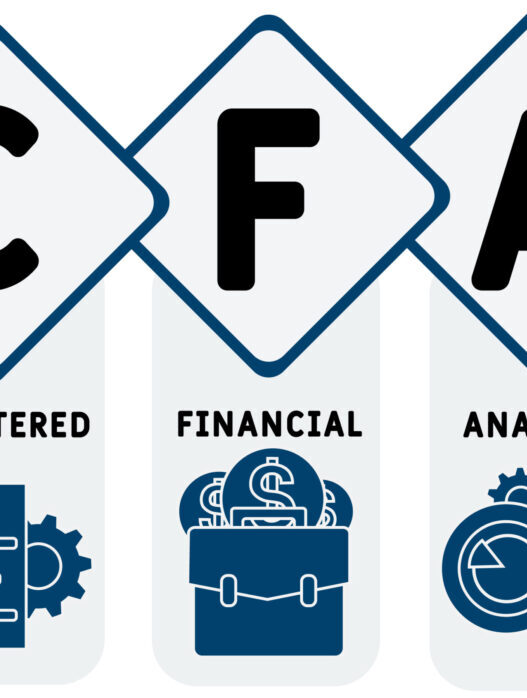Private equity (PE) involves investing in private companies or buying public companies to make them private. PE firms aim to increase the value of these businesses over time through improvements and changes. They typically take a long-term view and use strategies like financial leverage and active management to achieve strong returns.
One major responsibility of a private equity firm (called the General Partner or GP) is to raise capital from third-party investors (called Limited Partners or LP). With this capital, the firm buys companies, improves their performance, and eventually sells them for a profit.

Daily tasks for someone in private equity include analyzing investment opportunities, reviewing financial data, conducting market research, and valuing companies. Communication and collaboration with team members and external investors are also key parts of the job.
Private equity professionals often work on multiple projects, so they need to be flexible and able to evaluate opportunities from different perspectives, considering the needs of their firm, investors, and the companies they invest in.
Why Work in Private Equity?
Private equity is a popular career choice, especially for those in investment banking. It offers competitive salaries, better work-life balance than investment banking, and opportunities for growth. The sector has been growing, leading to strong job prospects.
Working in private equity allows you to make significant changes in a company’s financial health, work in a dynamic environment, and collaborate with talented individuals. However, success in this field requires a passion for finance, strong problem-solving skills, and patience, as climbing the career ladder can be challenging.
Private Equity Career Progression
Career paths in private equity can vary, but there are common roles and responsibilities:
- Analyst: Entry-level position for those with 2-4 years of experience, typically recruited from investment banks or consulting firms. Analysts focus on data analysis and initial deal portions.
- Associate: More experienced role that involves reviewing analyst work and assessing potential investments. Associates often communicate with legal and accounting teams.
- Senior Associate: Responsible for developing investment opportunities and performing financial valuations. Senior associates work closely with partners and can earn substantial commissions.
- Vice President: Manages deals and builds relationships with investors. VPs mentor junior staff and may travel to secure investments.
- Principal or Director: Heavily involved in client negotiations and investment strategy. Directors manage larger portfolios and ensure high returns.
- Partner or Managing Director (MD): The most senior role, often involving oversight of the firm’s operations and decision-making. MDs have significant experience and are accountable for the firm’s success.
Salaries in Private Equity
Salaries in private equity vary based on position, location, and firm size. Most roles include a base salary plus performance bonuses. A special type of bonus called carried interest is also common, paid when investments are sold.
Typical Salaries in the U.S.:
- Analyst: $90k – $120k base, $10k – $30k bonus
- Associate: $100k – $150k base, $50k – $150k bonus
- Senior Associate: $150k – $200k base, $100k – $200k bonus
- Vice President: $200k – $350k base, $200k – $500k bonus
- Director: $250k – $400k base, $250k – $600k bonus
- Partner/MD: $400k – $2m base, $400k – $2m+ bonus
Typical Salaries in the U.K.:
- Analyst: £60k – £90k base, £20k – £40k bonus
- Associate: £75k – £100k base, £75k – £100k bonus
- Senior Associate: £90k – £120k base, £90k – £200k bonus
- Vice President: £120k – £180k base, £100k – £200k bonus
- Director: £150k – £200k base, £200k – £600k bonus
- Partner/MD: £200k – £500k base, £200k – £2m+ bonus
A significant portion of compensation for senior roles comes from carried interest, which can lead to substantial earnings for top performers.














